Citing the budget deficit, Brussels would squeeze out even more money from its member states. The body would adopt another €50-billion package for Ukraine, yet there is no talk of frugality in the center. Quite the contrary, they would raise the salaries of EU bureaucrats and pump more money into the EU’s communication. The Politico portal, which has close links to EU sources, has recently published several articles saying that the European Commission is trying to collect money from wherever it can. The desperation of the Brussels bureaucrats proves that
Brussels has spent the money on Ukraine. The coronavirus pandemic, the inflation and the war brought the European Commission (EC) into a difficult economic situation, and its budget is bleeding money. Johannes Hahn, the European Commissioner for Budget and Administration, said that the EU institution is testing the limits, and it is dubious what they can finance from the sums currently available.
They would make member states pay even more
Therefore the EC would significantly raise its budget, but first it has to go through the member states for that. As we reported earlier, Brussels would spend some €50 billion more to support Ukraine, and €15 billion more to migration and neighborhood policy. A further €10 billion would be earmarked to strategic sectors and the maintenance of the Brussels bureaucracy.
The most important item is the new financial package for Ukraine, which aims to allow the war-torn country to balance its budget by 2027 and start rebuilding.
Politico also reported that Brussels would like to increase the budget not only to Ukraine, but also to itself. Recent press reports have also revealed that the EC would double its own PR budget, raising it from €30 to €60 million, with its main beneficiaries being Ursula von der Leyen's German communication advisors. In addition, the extra sum would be partly covered from the funds earmarked for agriculture, research, handling migration and the Erasmus scholarships.
During its lavish spending, the Commission is trying to encourage other institutions, such as the European Parliament and the European Court of Justice to be more frugal. Ms Von der Leyen's leadership would expect a cost reduction of €28 million from the former and €6 million from the latter. Of course, frugality has its limits for the EU bureaucrats: the EC has offered MEPs to raise their already sizable salaries by the rate of the inflation.


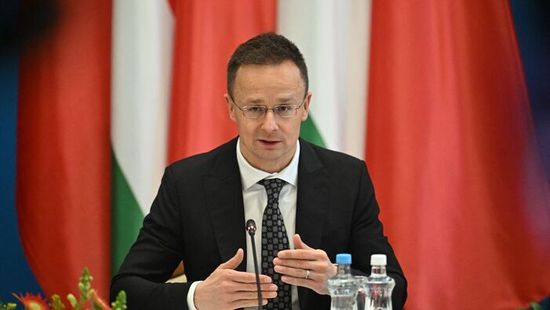
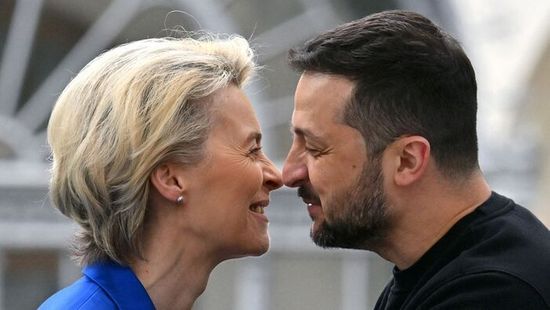
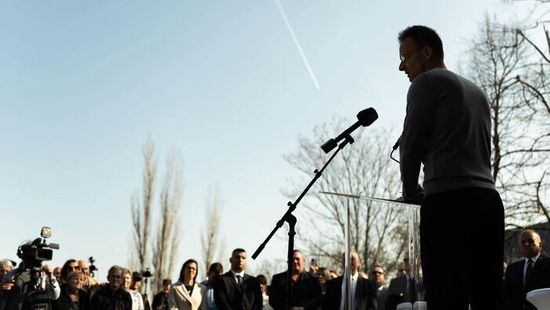

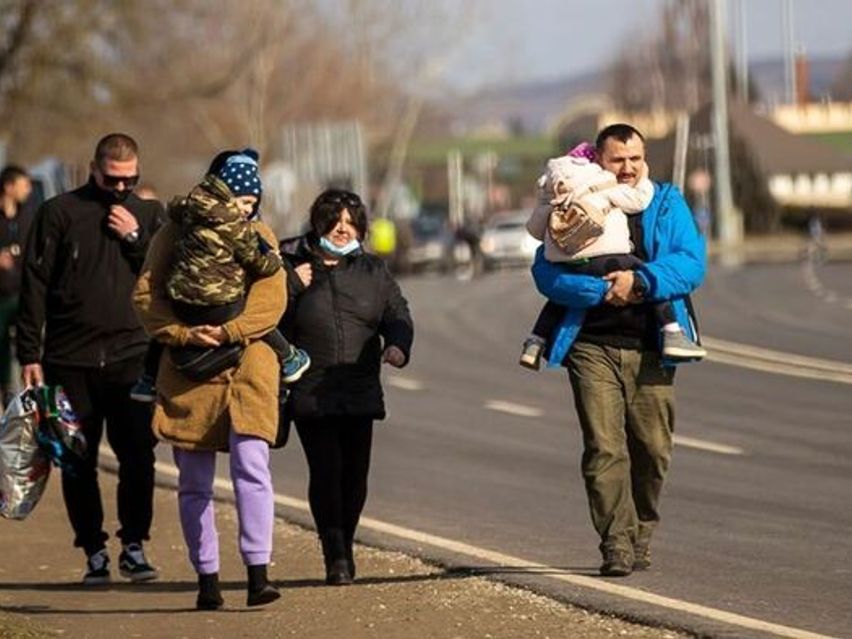
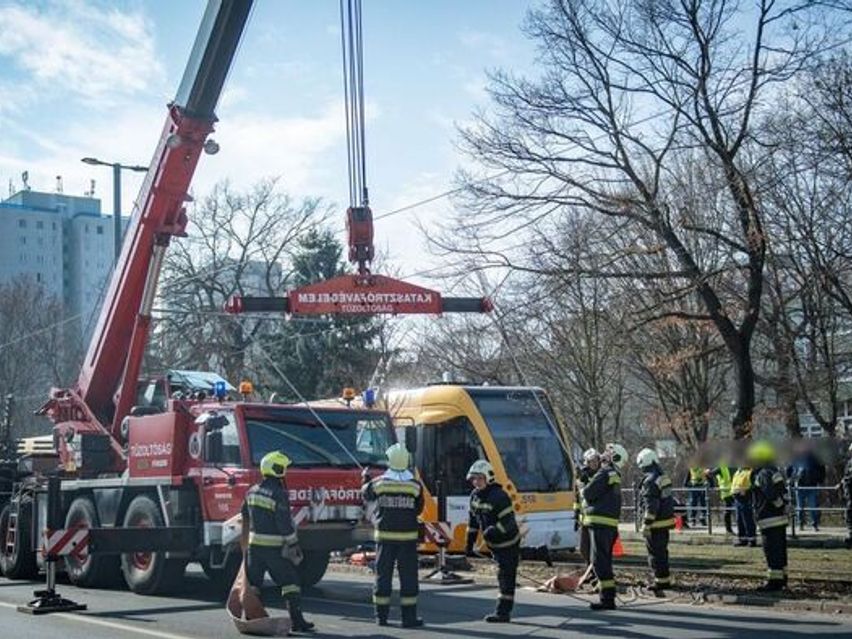
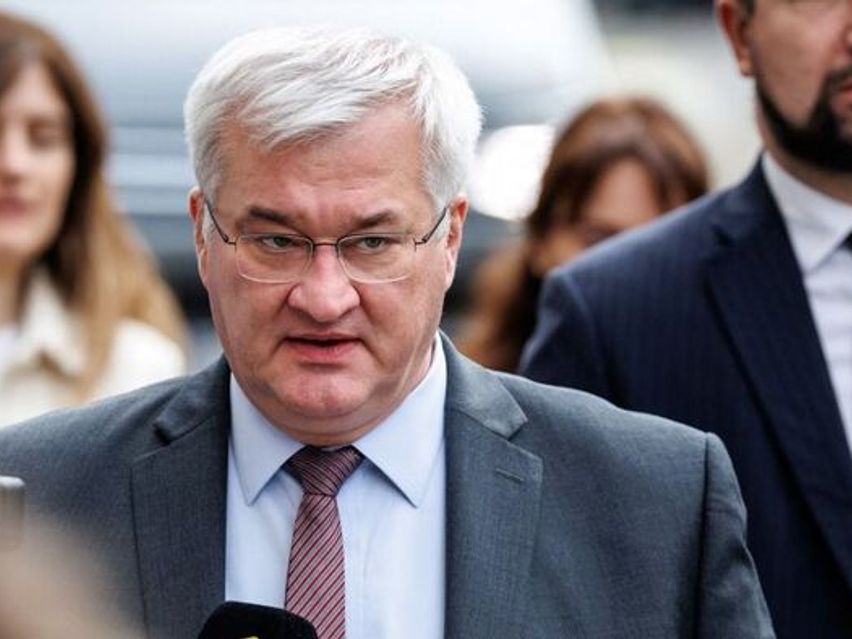
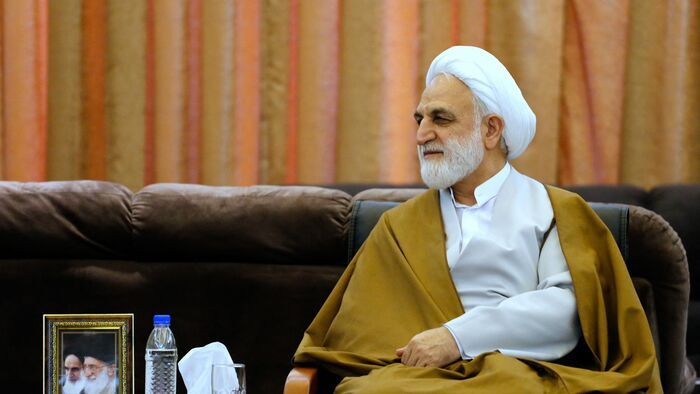




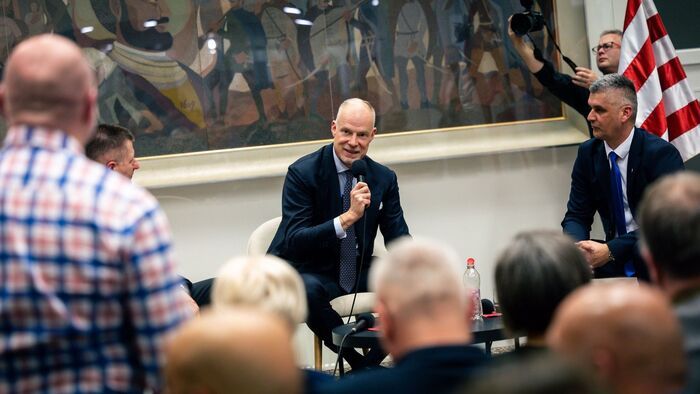
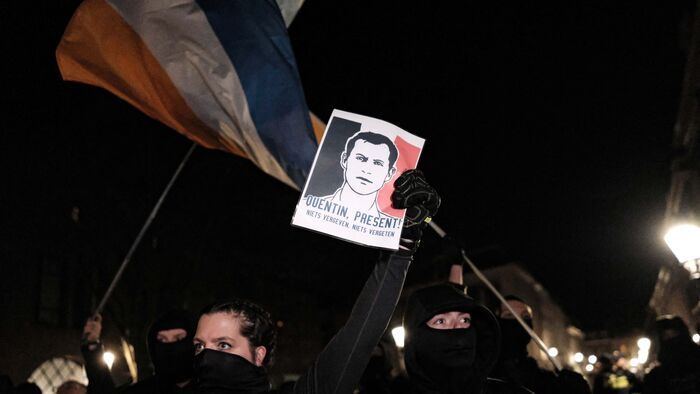
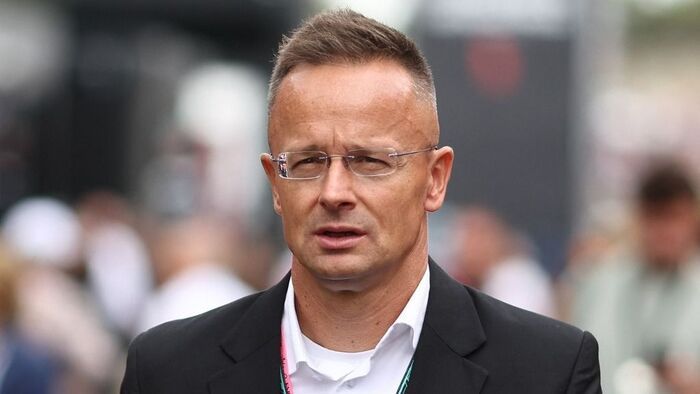
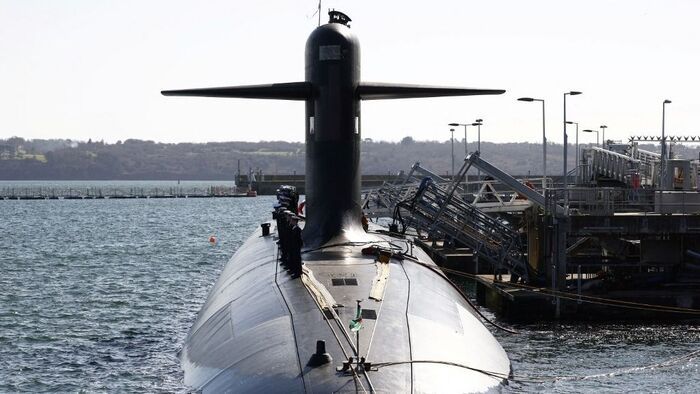

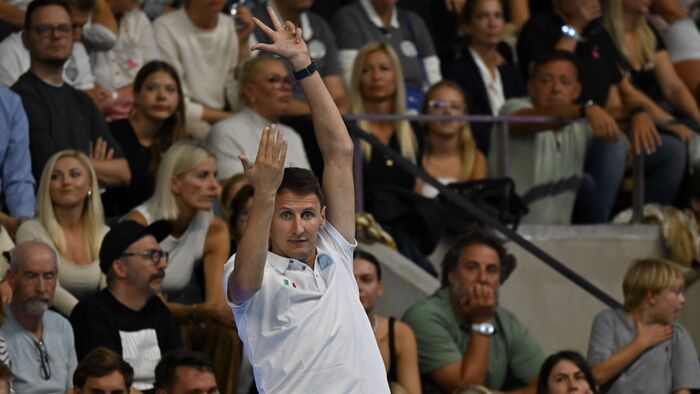



Szóljon hozzá!
Jelenleg csak a hozzászólások egy kis részét látja. Hozzászóláshoz és a további kommentek megtekintéséhez lépjen be, vagy regisztráljon!